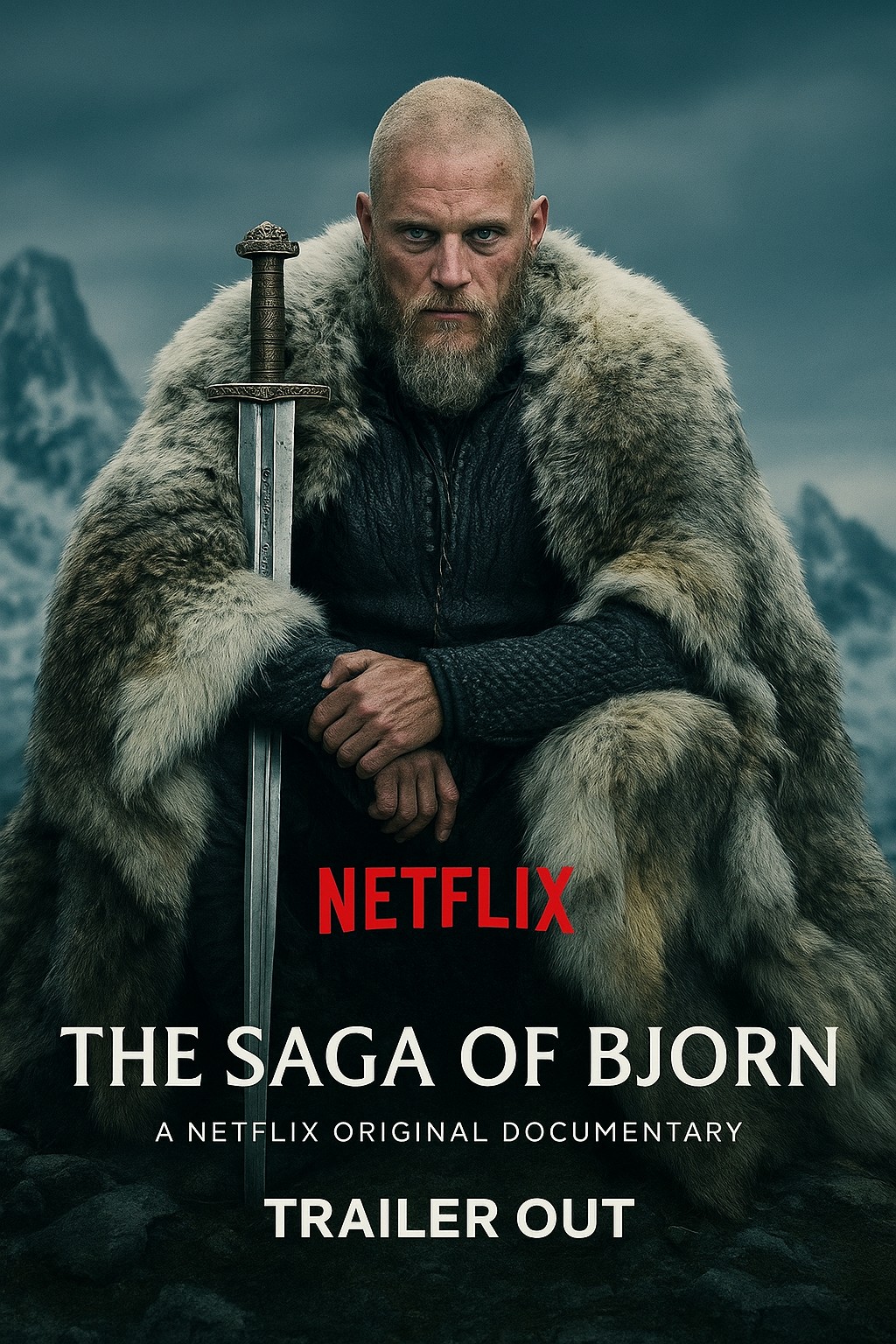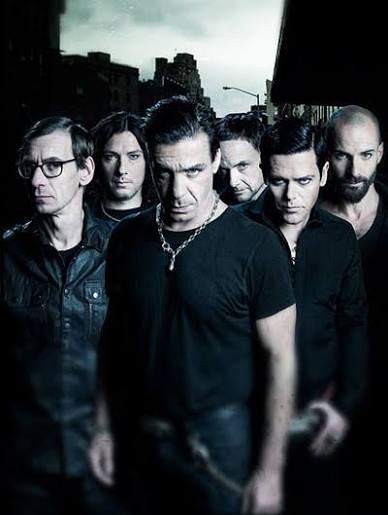
Bjorn Ironside remains one of the most captivating figures in Viking legend—a man whose name was forged in both battle and blood. Son of the legendary Ragnar Lothbrok, Bjorn grew from a curious young warrior into a king whose might stretched across the seas and whose legacy was written in the sagas of the north. His life was not just a story of conquest, but of identity, loyalty, and the struggle between destiny and free will. From the icy fjords of Scandinavia to the golden sands of the Mediterranean, Bjorn’s tale is that of a Viking who refused to be forgotten.
As a boy, Bjorn was shaped by the world of his father—a world filled with gods, prophecies, and endless war. Ragnar’s influence taught him the art of both leadership and brutality, but Bjorn’s heart often wrestled with the question of whether he sought power for glory or for peace. His mother, Lagertha, a fierce shield-maiden and ruler herself, instilled in him a strength that balanced the ferocity of his father. It was from her that he learned the value of compassion in a world drenched in chaos, a trait that would later define his rule more than any sword ever could.
When Bjorn first set sail beyond the known world, he did so with the burning desire to carve his own destiny. His voyages led him across the Mediterranean, where he raided distant lands and clashed with powerful kings. The tales tell of how he outwitted entire armies, feigned his own death, and returned with treasures that made him a legend among men. These exploits were not mere raids—they were statements of defiance, proof that the son of Ragnar would rise as his equal, not his shadow.
Yet Bjorn’s greatest battles were not always fought on foreign soil. Within Kattegat, he faced the betrayal of brothers, the burden of leadership, and the haunting echoes of his father’s legend. To lead the sons of Ragnar was to live in a storm of ambition and vengeance, where every ally could become an enemy by nightfall. Bjorn stood as a man divided—between the call of the gods and the duties of a king, between the blood of his family and the peace of his people.
Through every victory and loss, Bjorn’s faith in the old gods guided him. He believed that Odin’s eye was upon him, that the Norns had woven his fate into something greater than a mortal life. His courage was both his gift and his curse, for it pushed him beyond the bounds of reason, driving him to face impossible odds time and again. And though death came for him many times, Bjorn Ironside endured—until fate finally called him to the halls of Valhalla.
On January 14, 2026, historians and storytellers alike gathered to honor the saga of Bjorn Ironside, reflecting on the power of his legend in shaping both history and myth. His story continues to inspire a fascination with Viking heritage, reminding the modern world of the ancient fire that once burned through the North. Whether in sagas sung around firelit halls or in television epics retelling his life, Bjorn’s legacy has never faded—it has only evolved.
Today, Bjorn stands not just as a warrior, but as a symbol of resilience and freedom. His choices, his doubts, and his dreams echo through centuries, reminding us that greatness is often born from struggle. In him, the Vikings found their ideal—a leader who could wield both the sword and the heart with equal strength. His legend bridges the gap between man and myth, showing that even the fiercest of warriors can long for peace.
As the waves crash against the Scandinavian shores, the saga of Bjorn Ironside lives on in the hearts of those who still believe in valor, loyalty, and destiny. His story, much like the North itself, remains wild and untamed—a timeless reminder that the spirit of the Viking never truly dies. For as long as tales are told, Bjorn will sail again, not across oceans, but through the endless sea of memory.

